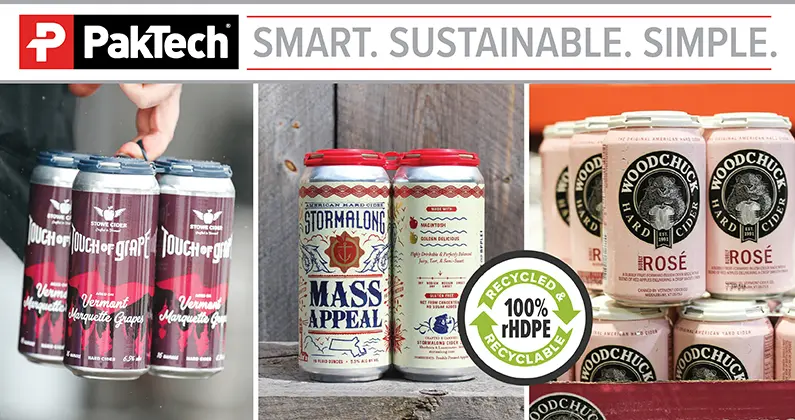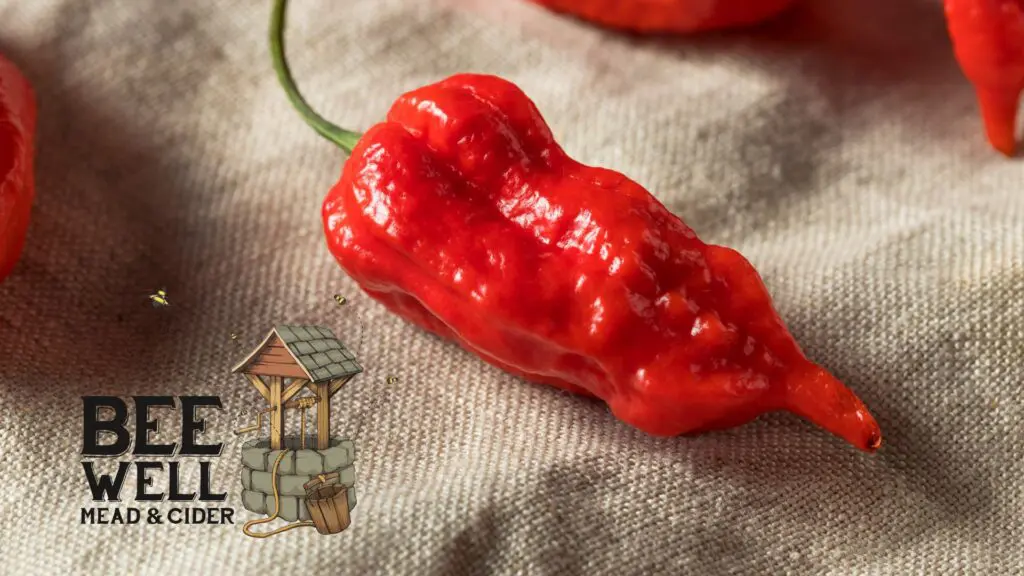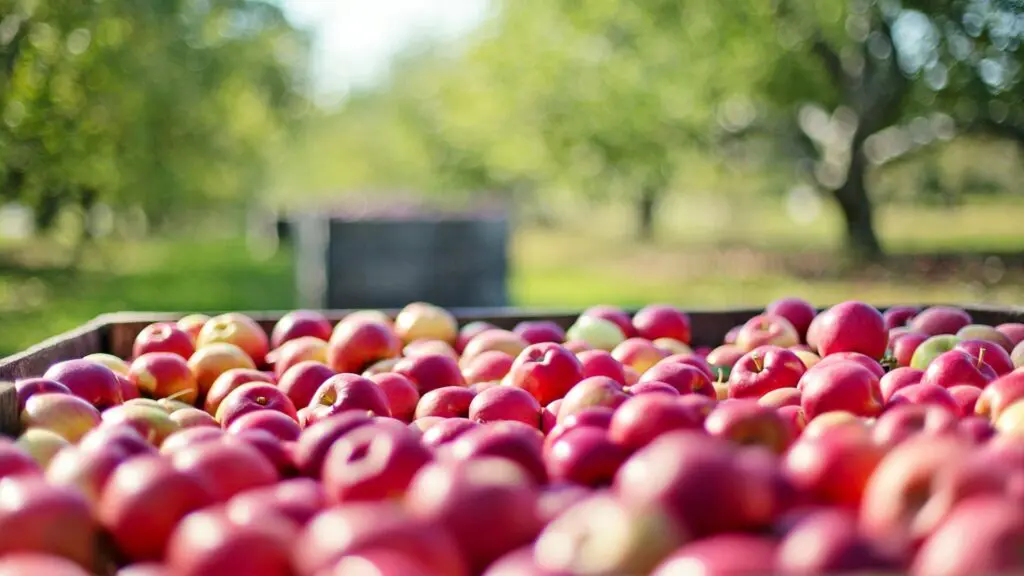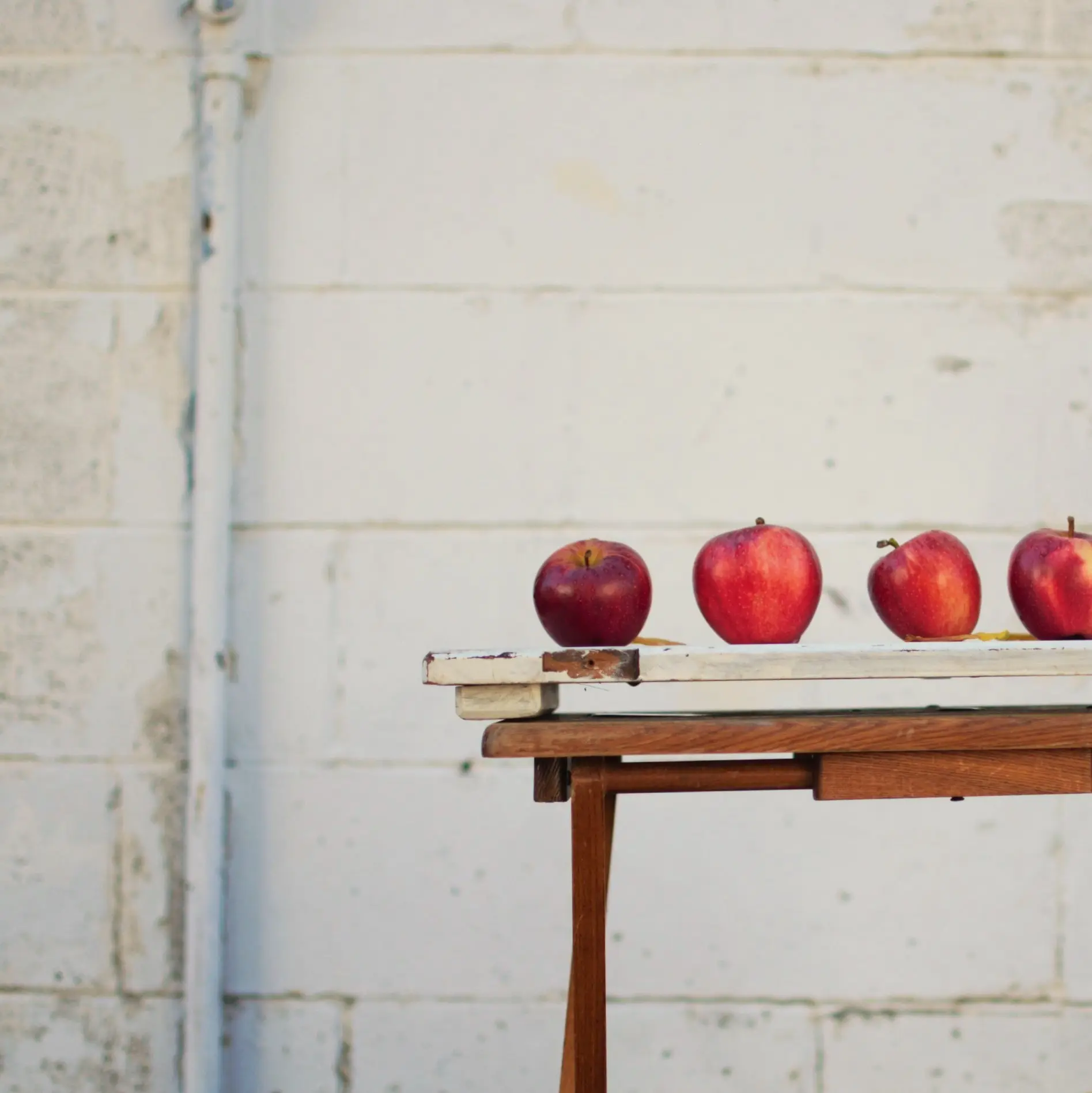There is no shortage of reasons why a cidery would want to build a sustainable company. Customers react positively to sustainability, which leads to more engagement and higher sales. Cideries depend on crops for their main ingredients, so anything that preserves the environment helps to preserve their bottom line and the planet. Any one of these is reason enough to focus on sustainability.
But is it possible to build a sustainable cider company? Short answer: Yes. Long answer: Yes, and here’s how.
It starts with sourcing. A key contributor to emissions is transportation, so the more locally apples are sourced, the more sustainable they are. If your cidery is located in the apple-growing regions of the Northeast, Mid-Atlantic, Midwest and Northwest, you’re in luck. Working with local farmers not only decreases emissions, it allows you to build close relationships with growers whom align with your needs. Some cideries have even taken it upon themselves to grow their own apples.
Cideries even have a sustainability advantage over companies buying apples destined for the supermarket: cideries don’t mind ugly apples. To a cidery, all that matters is what’s inside. This means cider apples can be grown sans pesticides in an organic and natural fashion, which helps prevent pesticide runoff into lakes and streams. Additionally, once cider apples are juiced, the wasted fruit fiber (called pomace) can be used for livestock feed or incorporated back into the soil as compost.
Then there’s production. Did you know that cideries are inherently more sustainable than other craft beverage producers such as breweries or distilleries? That’s because cider is fermented without heat, more like wine. That means cider can be made using less energy. Coupled with a commitment to renewable energy, a cidery can be operated with low energy expenditure and an even lower carbon footprint.
Packaging is another area where an emphasis on sustainability can yield big gains. Both glass bottles and aluminum cans have different environmental impacts. Bottles are made of less-recycled material (20-30%) and are heavier to transport. Cans can be made of upward to 70% recycled material and are much lighter to transport. Because aluminum can be recycled indefinitely and requires less protection during transport, more and more cideries are opting for cans to protect their product.
Furthermore, be sure to pay attention to the secondary packaging that your quad and six packs are presented in. For the most sustainable option, consider the 100% post-consumer packaging handles made by PakTech, which have been proven to be more sustainable than competing options over the lifetime analysis of the product. What consumers want are recyclable, 100% recycled packaging that uses as little material as possible, and PakTech’s handles provide all three. With lower emissions, less ozone depletion, cleaner water and less energy used, PakTech’s handles are the most environmentally friendly option. PakTech has repurposed over 400 million recycled milk jugs into packaging handles, and with your help, can do even more.
And that’s just the start. From supporting local farmers and giving to environmental non-profits, to even becoming a B Corporation and joining their commitment to reduce greenhouse gas emissions to net zero by 2030, there are tons of additional ways to become a sustainable cider company today.
Do us all a favor and make the sustainable choice from orchard to packaged product. Contact PakTech today to learn how you can fulfill your sustainability goals with recycled packaging.
[Sponsored Post]




















